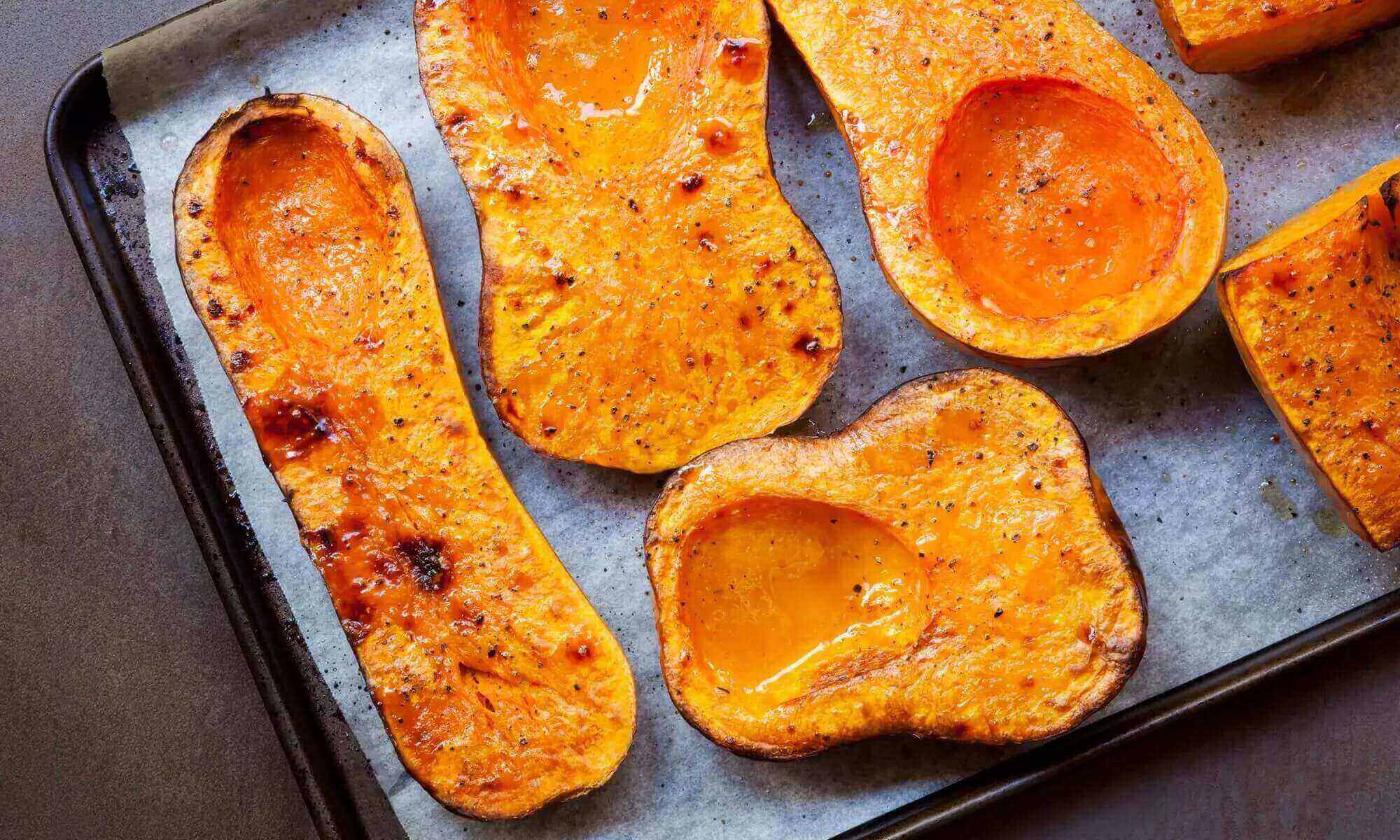
Yellow squash is a versatile and delicious vegetable that can be incorporated into a wide variety of dishes. Whether grilled, baked, steamed, or sautéed, yellow squash adds a vibrant color and a unique flavor to any meal. But did you know that this humble vegetable is also packed with numerous health benefits? In this article, we will explore the top 10 nutrition facts of cooked yellow squash that make it a must-have addition to your diet. From its high nutrient content to its potential disease-fighting properties, yellow squash proves to be an excellent choice for a nutritious and flavorful meal. So let’s dive in and discover why you should be including more cooked yellow squash in your culinary repertoire.
Key Takeaways:
- Yellow squash is a low-calorie veggie packed with vitamins, fiber, and antioxidants. It supports heart, bone, and eye health, making it a delicious and versatile addition to any meal.
- With just 18 calories per 100 grams, yellow squash is a guilt-free, diabetic-friendly option that regulates blood sugar levels and promotes healthy digestion. Plus, it’s delicious in various dishes!
Low in Calories
Yellow squash is a fantastic choice for those looking to maintain a healthy weight. With just 18 calories per 100 grams, it is a low-calorie vegetable that can be enjoyed guilt-free.
High in Vitamins
Yellow squash is a rich source of vitamins A and C, which are essential for maintaining healthy skin, enhancing immune function, and promoting optimal eye health.
Provides Dietary Fiber
Adding yellow squash to your meals can help increase your fiber intake. Fiber aids in digestion, promotes a feeling of fullness, and supports a healthy digestive system.
Packed with Potassium
Yellow squash is a great source of potassium, an essential mineral that helps regulate blood pressure, maintain proper hydration, and support muscle function.
Contains Antioxidants
The bright yellow color of this vegetable is a result of its high antioxidant content. Antioxidants help protect the body from free radicals and reduce the risk of chronic diseases.
Supports Bone Health
Yellow squash contains minerals like manganese, magnesium, and calcium, which are important for maintaining strong and healthy bones.
Boosts Heart Health
The combination of dietary fiber, potassium, and antioxidants in yellow squash can contribute to a healthy heart by lowering cholesterol levels and reducing the risk of heart disease.
Promotes Eye Health
The presence of vitamin A in yellow squash is beneficial for vision health. It helps protect the eyes from age-related macular degeneration and promotes good eyesight.
Regulates Blood Sugar Levels
The high fiber content of yellow squash can aid in regulating blood sugar levels, making it a suitable addition to a diabetic-friendly diet.
Versatile and Delicious
Yellow squash can be prepared in various ways, including sautéing, grilling, roasting, or even spiralizing it into noodles. Its mild and slightly sweet flavor makes it a versatile vegetable that complements a wide range of dishes.
Conclusion
In conclusion, yellow squash is a nutritious vegetable that offers a wide range of health benefits when cooked. Its low calorie and high fiber content make it an excellent option for weight management and digestive health. Yellow squash is also rich in nutrients such as vitamin C, vitamin A, potassium, and magnesium, which support immune function, eye health, and heart health. Additionally, its high water content helps hydrate the body and promotes a healthy complexion.When cooked, yellow squash retains its nutritional value, providing a delicious and nutritious addition to any meal. So whether you steam, roast, sauté, or grill it, incorporating yellow squash into your diet can contribute to overall well-being and a balanced, nutrient-rich diet.
FAQs
Q: How many calories are there in cooked yellow squash?
A: On average, a one-cup serving of cooked yellow squash contains approximately 36 calories.
Q: What nutrients does cooked yellow squash provide?
A: Cooked yellow squash is a good source of vitamin C, vitamin A, potassium, and magnesium. It also contains fiber and antioxidants.
Q: What are the health benefits of eating cooked yellow squash?
A: Eating cooked yellow squash can aid in weight management, support digestive health, boost immunity, promote eye health, and contribute to a healthy heart.
Q: How should I cook yellow squash to retain its nutritional value?
A: Steaming, sautéing, roasting, or grilling yellow squash are all great cooking methods that help preserve its nutrients.
Q: Can cooked yellow squash help with hydration?
A: Yes, yellow squash has a high water content, which can help keep you hydrated and support healthy skin.
Q: Can I eat yellow squash if I am on a low-carb diet?
A: Yes, yellow squash is relatively low in carbohydrates and can be included in a low-carb diet in moderate amounts.
Was this page helpful?
Our commitment to delivering trustworthy and engaging content is at the heart of what we do. Each fact on our site is contributed by real users like you, bringing a wealth of diverse insights and information. To ensure the highest standards of accuracy and reliability, our dedicated editors meticulously review each submission. This process guarantees that the facts we share are not only fascinating but also credible. Trust in our commitment to quality and authenticity as you explore and learn with us.
